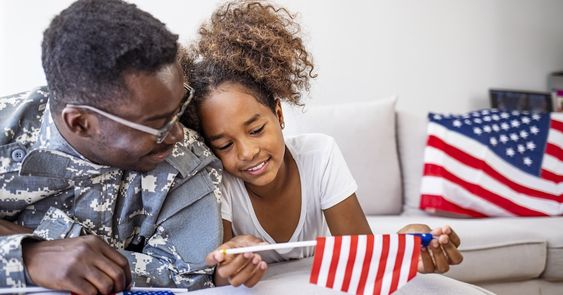In a nation that prides itself on being a melting pot, the experience of feeling like an outsider can be uniquely disheartening. Growing up in America, where opportunities seemed boundless for some, I found that avenues for advancement and understanding often felt constricted for me. However, through these challenges, my language became my anchor and lifeline.
Language is more than just a means of communication; it embodies one’s culture, memories, and identity. My native tongue served as a resilient connection to my heritage amidst the disorienting whirl of American life. Conversations with my family were rich with history and traditions that offered a refuge from the isolating experiences outside our home. When America allowed me little in the way of acceptance or belonging, my language was the vessel that sustained me.
In schools and social settings, it wasn’t uncommon to encounter sneers or dismissive comments about my accent or choice of words. These moments served as stark reminders of how different I was perceived to be. Yet instead of succumbing to these pressures to assimilate fully, I doubled down on preserving and valuing my linguistic roots. My language became an emblem of resilience, a way to hold onto an integral part of myself when external validation was scarce.
Over time, I realized that this cultural duality did not have to be a burden; instead, it provided a unique vantage point from which to view and interact with the world. Bilingualism became an asset rather than just an oddity or obstacle. It allowed me to navigate multiple cultural landscapes with finesse and empathy.
Moreover, as society increasingly acknowledges the importance of diversity and inclusion, there is growing appreciation for multilingualism and multicultural backgrounds. Now more than ever, I feel a sense of vindication for having held onto my language so tenaciously during times when blending in seemed easier.
Language has been my constant companion through life’s many trials and triumphs. It has given voice to my struggles and victories alike. In moments when America appeared unyielding or indifferent to my presence, my language whispered assurances that I belonged somewhere—with my family, within my culture, and ultimately within myself.
Through this journey, I’ve learned that while external acceptance fluctuates with societal tides, the internal anchor provided by one’s language remains steadfast. It nurtures personal growth and sustains a sense of identity even in unfamiliar or unfriendly environments. Indeed, when America allowed me little else, it was my language that granted me the sustenance needed to endure and flourish.

